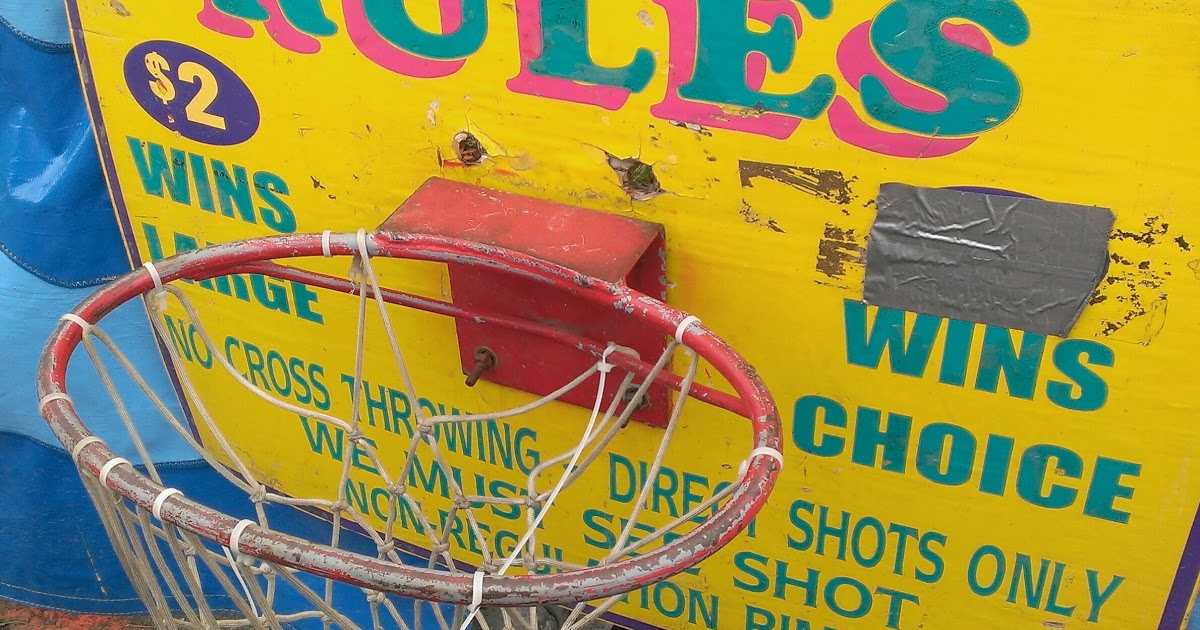Play the game right. We all agree on that.
But what does it mean to play the “right” way anyways?
We face a dilemma when a player is expected to win — and then that same player departs to a better team to win. Most recently, people across the country felt outrage when Kevin Durant left Oklahoma City for Golden State, a move that inspired feelings of anger, distrust, and envy. But why?
And then we cheer for losers and underdogs. Whether an elderly Kobe, a cheap Dirk, a non-jumping Duncan, or a booed Porziņģis — we want athletes not to take shortcuts, but to win the right way. We prefer the “good” storyline rather than the bad one, and we turn on players who sign for money or who team up with other superstars.
As crazy as it sounds, we recognize that faithfulness counts in sports — maybe even as much as winning does. If we’re honest, we know that our team might not win in the end, so at the very least, we want players to stick together and to stay with us. We want players to be as faithful to us as we are to them. For after all, the average fan would rather lose with loveables than win with thugs.
Whatever side we take, Durant’s choices demonstrate that ethical obligations do not exclude sports. Old-fashioned ideals such as faithfulness, trustworthiness, and kindness apply to professional athletes, just as to everyone else. At the end of the day, fans want athletes to represent them not only in terms of geography, but in terms of character.
In the eyes of loyal fans, Kevin Durant broke a promise. And that is what fans despise the most. Win or lose, no one wants to be betrayed, and no one wants to be left behind. That’s not to say that Durant did in fact break a promise; after all, he fulfilled his contract, and he has the legal right to move on. But to many basketball fans, what matters is that it felt like a broken promise.
End results only matter for so much. Veteran fans know that championships are few and far between. As decades pass, we learn that “doing things right” involves more than winning. When we look to the courts and fields, we hope our athletes represent our ideals, not merely add numbers to a scoreboard. As fans, we can still cheer after losses, as long as we believe in the character of our athletes.
More than anything else, sports of an insight into passion, drive, and character. No matter how bad a team may be, we are drawn to cheer for athletes who battle despite the odds — for those who fight on behalf of the people who love them. And that is how you do things right.

